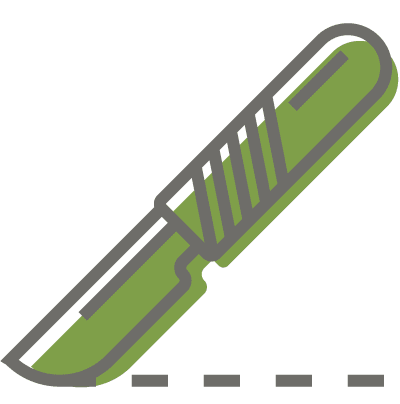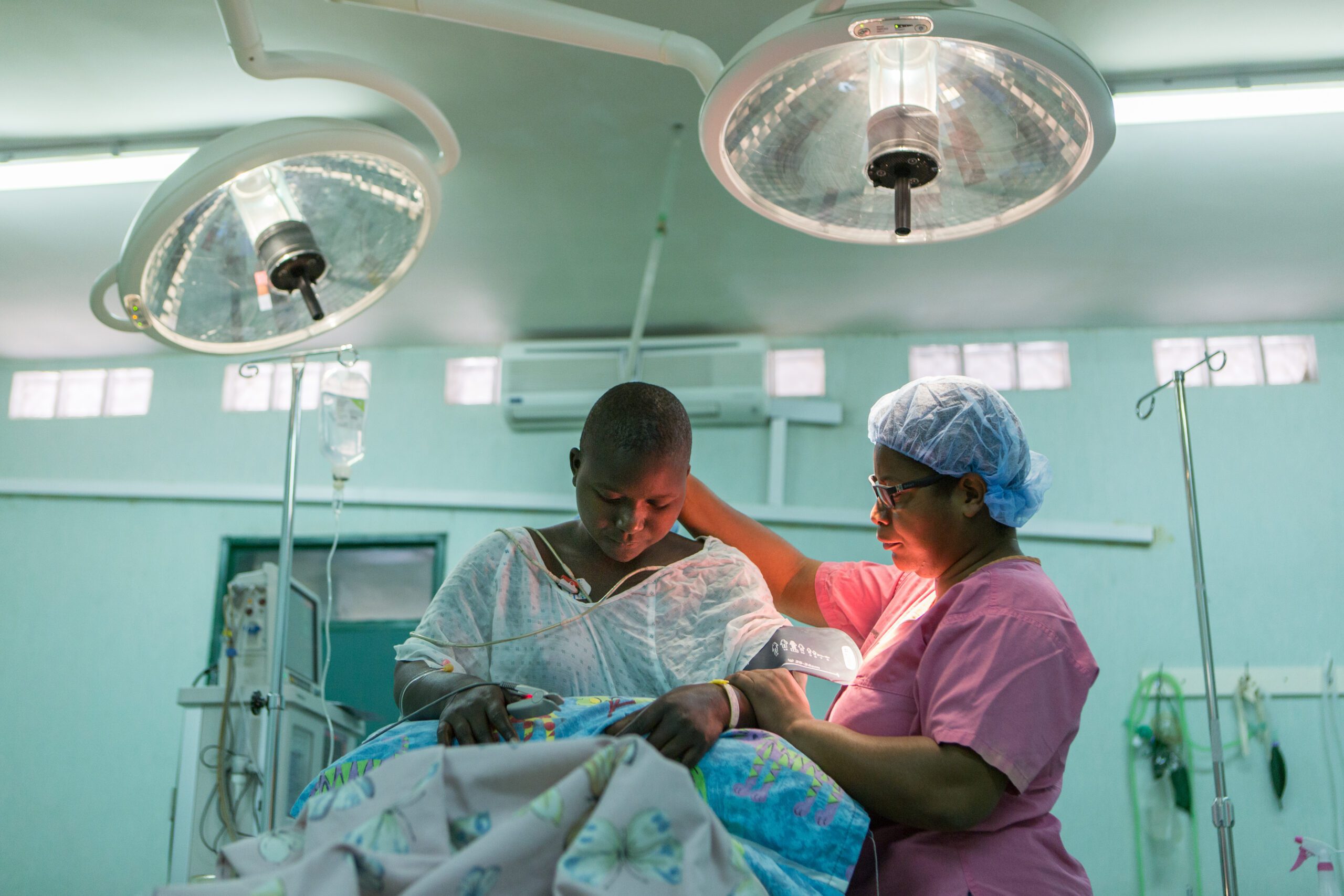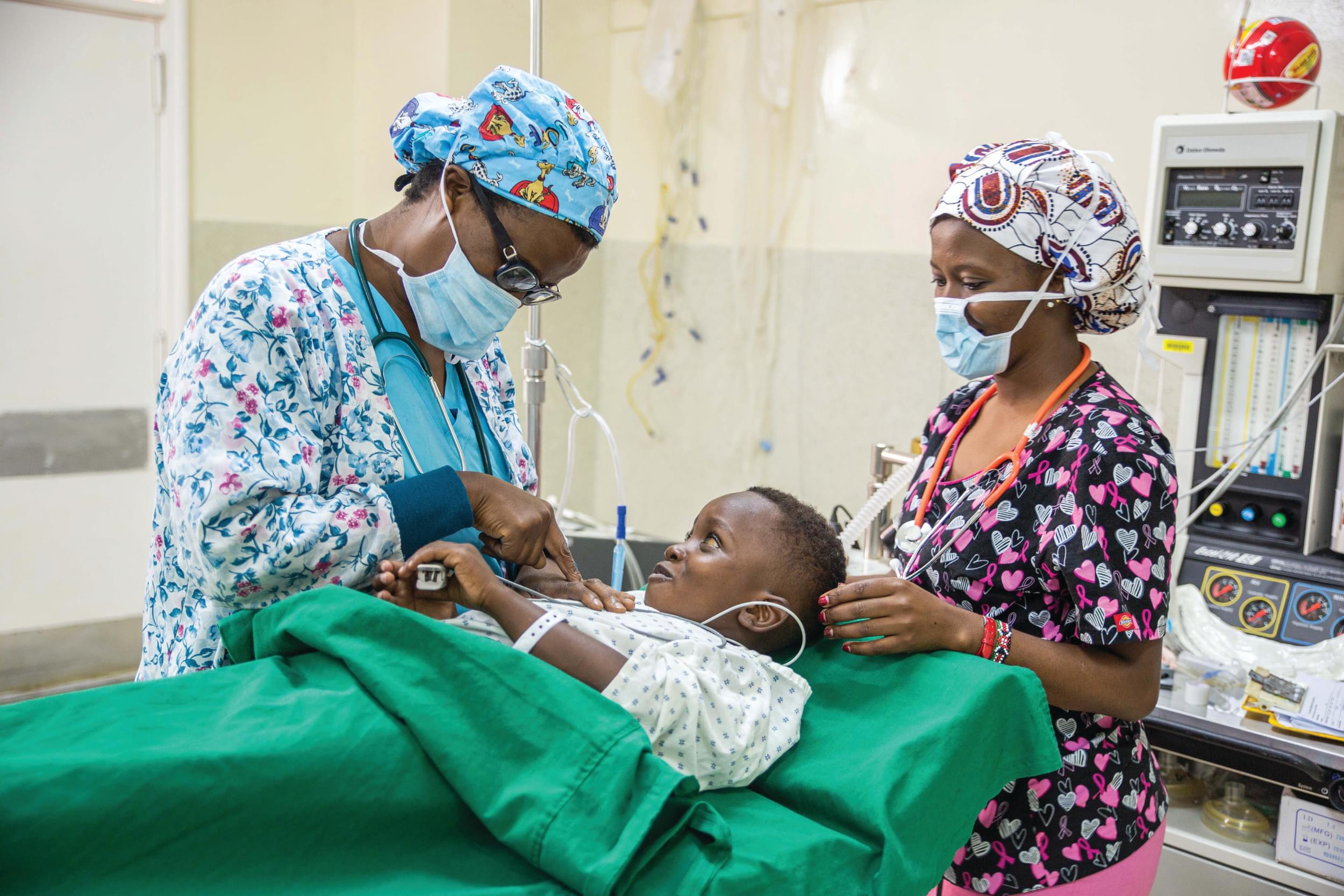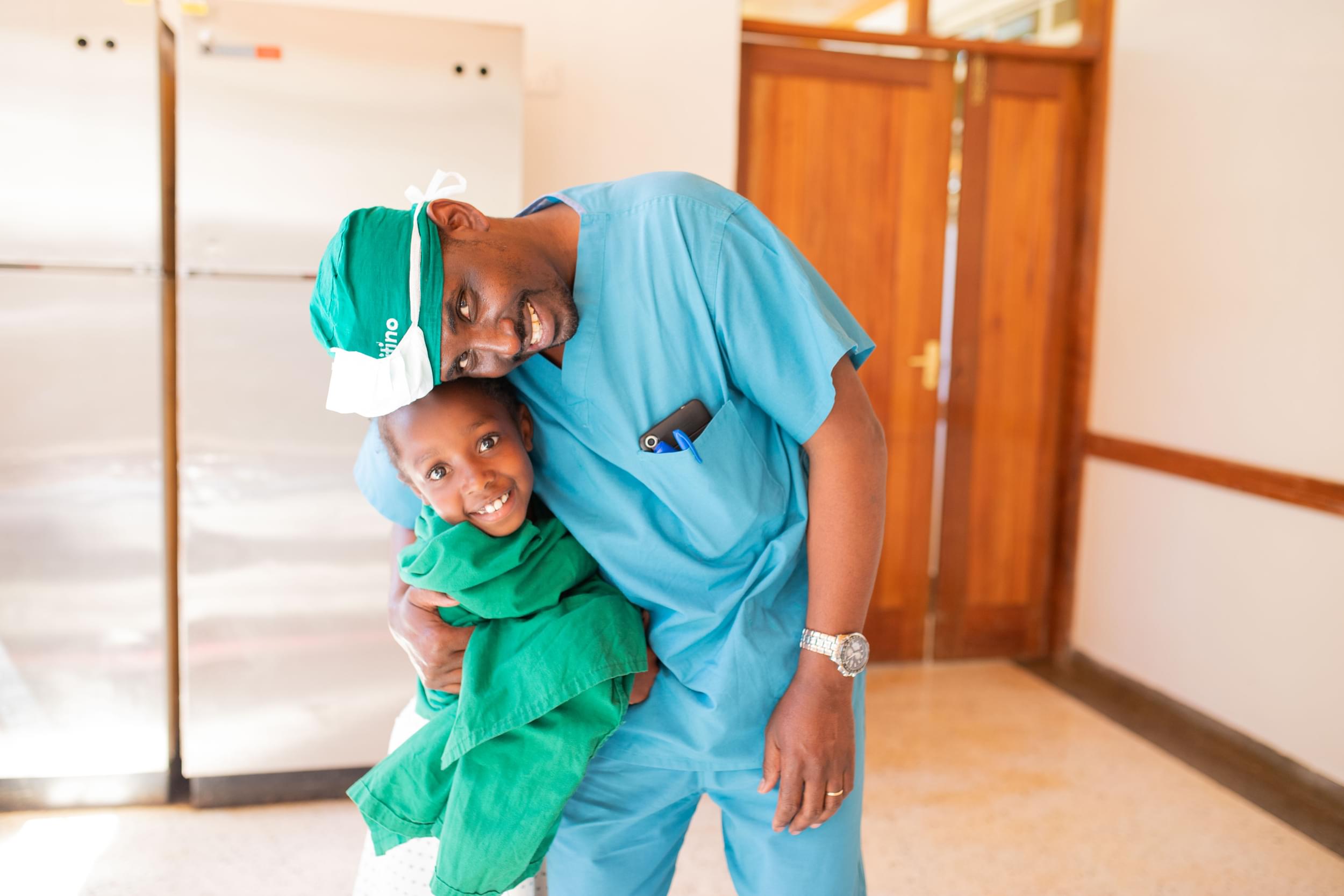One-year follow-up of orthopaedic implants in HIV-positive patients
Abstract: We followed prospectively 38 orthopaedic implants in 36 HIV-positive patients. X-rays and clinical examination were used to assess union, and observation was made for early and late wound sepsis for 12 months from the time of surgery. Two patients died of causes unrelated to the implantation, two patients had implants removed for reasons other than infection and eight cases were lost to follow-up. Of the 26 cases that were reviewed at 1 year, no late sepsis was identified. All of the fractures, non-unions, osteotomies and arthrodeses united. The literature indicates that late sepsis following arthroplasty occurs more frequently in haemophiliacs who are HIV positive than their HIV-negative counterparts. It is still not certain whether or not such a risk also applies to HIV-positive patients who are not haemophiliacs and have undergone internal fixation of fractures or non-unions. This study increases the confidence that fixation in immune-compromised patients with intact skin is safe, at least for the time period that the implant is required. Further studies are required to know whether or not fixation implants should be removed.






















